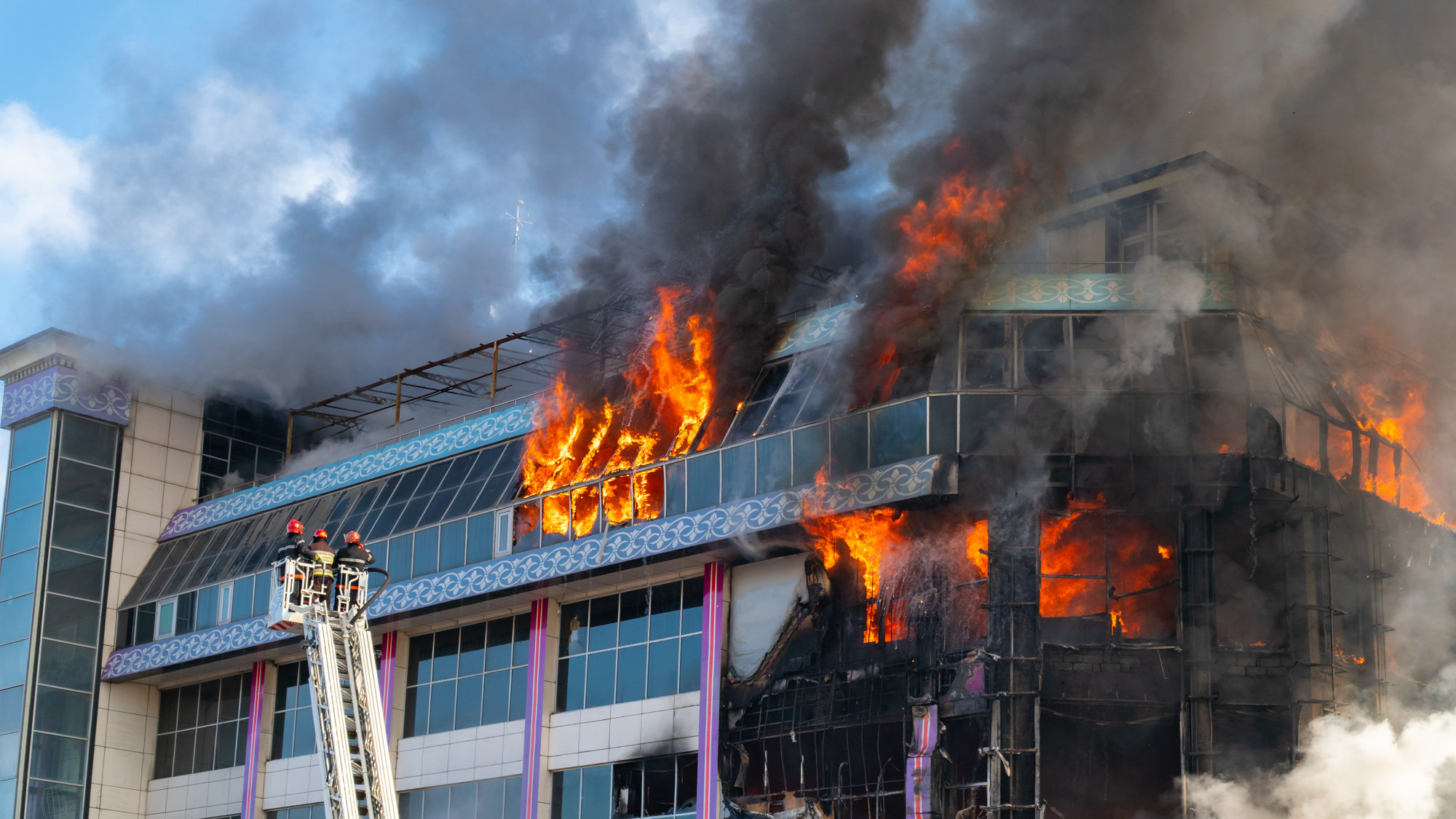It’s no secret that firefighting carries inherent risks to life and limb, whether a firefighter is putting down a fire at an empty warehouse or a two-story residential structure. Simply put, it isn’t uncommon for firefighters to get injured – sometimes severely, to the point of needing long-term care (LTC). Here are a list of seven common types of injuries, as well as some advice on what you can do now, before you get hurt.
1. Musculo-skeletal related injuries top the list for firefighters:
Strains, sprains, and/or muscular pains are commonplace. While most people know they should warm up before exercising, firefighters must respond instantly, leaving no time to stretch or even think about warming up before they are called upon for the kind of strenuous activity their job requires.

2. Burns:
Burns to the skin due to flames, hot surfaces, and an obvious and constant risk. Protective firefighting gear is invaluable and essential, but no guarantee.
3. Respiratory injuries:
Depending on location, fires often result in toxic fumes. Additionally, firefighters are exposed to smoke, chemicals, and other harmful substances, leading to short- and long-term respiratory illnesses such as asthma, bronchial infections, and cancer.
4. Brain trauma:
Firefighters have a higher than average risk for traumatic and concussive brain injuries due to accidents such as falls and explosions.

5. Heat-related injuries:
Prolonged exposure to high temperatures can lead to various problems, including dehydration, which is especially common in wildland firefighting, heat exhaustion, and heatstroke.
6. Cuts and punctures:
Firefighters may sustain cuts and punctures from broken glass, metal debris, and other sharp objects while fighting fires.
7. Heart-related illnesses and events:
The grueling physical conditions, stress, and prolonged physical demands of firefighting can lead to life-threatening or life-limiting events, including heart attacks and strokes.

Hot Tip in 3, 2, 1…
With all of the risks associated with firefighting, besides the usual precautions a firefighter can take to maximize their safety, like following all safety guidelines and procedures, what can a firefighter (and their family) do? The answer is securing an affordable LTC plan like those available from NPFBA. Long-term care plans will go the distance for your bank account and peace of mind if you become injured and cannot work.
Soaring Medical Costs and Long-Term Care
Long Term Care coverage is not just important, it’s essential for firefighters who face an almost daily threat to their physical health and safety. Unfortunately, traditional health insurance in today’s marketplace does not often cover long-term care, and government programs, both State and Federal, generally include only those with low incomes.
Some Facts:
- Convalescent care now averages over $8,750 monthly
- Within 20 years, the average annual cost for convalescent care is expected to rise above $200k.
- Alzheimer’s, which long-term care plans like those available with NPFBA provide coverage for, is one of the most expensive types of long-term care. The expense of caring for an Alzheimer’s patient throughout the time a person who needs it can top $500,000.

Peace of mind has no price tag. Check with NPFBA today and find out how simple it is to get LTC coverage that allows you to focus on your family instead of worrying about what you’ll do if you get hurt.




